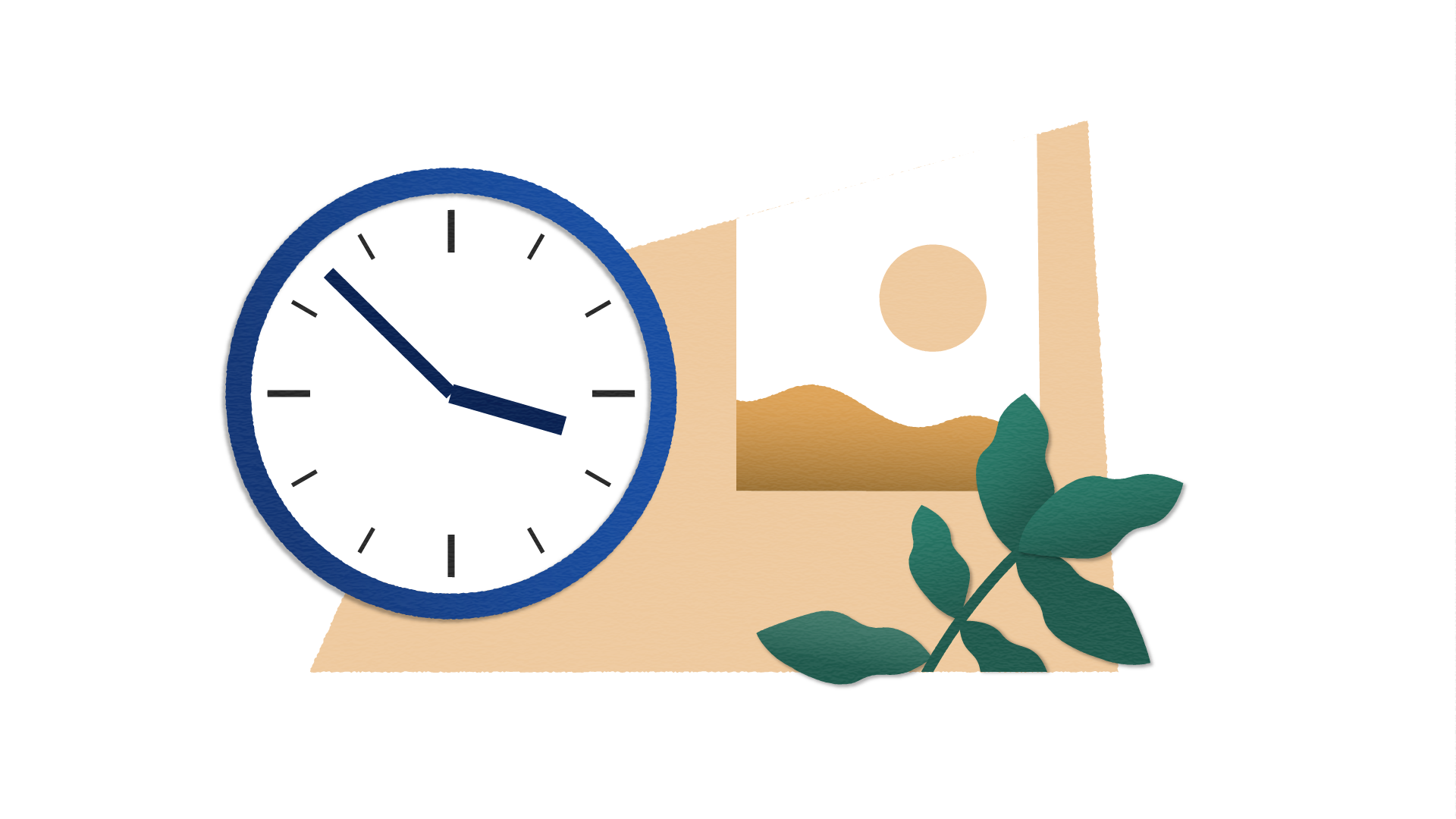As someone who has always struggled with managing their time efficiently, I understand the importance of effective scheduling in maximizing productivity. Over the years, I have experimented with various time management techniques and tools to find a system that works for me. In this blog post, I will share my personal insights on how to schedule effectively and make the most out of your day.
One of the first steps in effective scheduling is to identify your priorities and set clear goals. Take the time to reflect on what you want to achieve in the short and long term. Having a clear understanding of your objectives will help you prioritize your tasks and allocate your time more effectively.
Once you have identified your priorities, it’s time to create a schedule that aligns with your goals. There are numerous tools available to assist with this, ranging from traditional paper planners to digital applications. Find a system that suits your preferences and includes features such as a calendar, to-do lists, and reminders. Personally, I have found that using a combination of a digital calendar and a paper planner works best for me. The electronic calendar allows me to set reminders and receive notifications, while the paper planner provides a tangible and visual representation of my schedule.
When creating your schedule, it’s vital to allocate time for both your professional and personal life. It’s easy to get caught up in work-related tasks and neglect other aspects of your life, leading to burnout and decreased productivity. Ensure that you allocate time for self-care, relaxation, hobbies, and spending time with loved ones. Remember, a well-rounded schedule promotes better overall productivity.
One technique that has significantly improved my productivity is time blocking. Time blocking involves dividing your day into specific time chunks for various activities. For instance, you can allocate a block of time in the morning for focused work, followed by a block for meetings or collaborative tasks. Time blocking allows for better focus and prevents distractions, as you know exactly what you should be working on during each time slot.
To further enhance productivity, it’s crucial to minimize distractions during your scheduled blocks of time. This may involve turning off notifications on your phone or computer, finding a quiet and secluded workspace, or using productivity apps that block certain websites or applications. By eliminating distractions, you can fully immerse yourself in the task at hand, resulting in more efficient work.
Another aspect of effective scheduling is recognizing your energy levels and planning accordingly. We all have times of the day when we feel more alert and focused, and others when we experience a slump in energy. By paying attention to your natural energy patterns, you can schedule important or challenging tasks during your peak times, while reserving less critical or routine tasks for when your energy is lower.
Flexibility is an essential component of effective scheduling. Life is unpredictable, and unexpected tasks or events may arise that require immediate attention. It is crucial to adapt your schedule accordingly and not be overly rigid. Build in buffers throughout your day to account for unforeseen circumstances and allow yourself to shift tasks if needed. Being flexible and adaptable will help reduce stress and maintain productivity, even in the face of unexpected challenges.
While effective scheduling is crucial, it’s essential to remember that it is not a one-size-fits-all solution. Each person has different preferences, working styles, and commitments. It may take some trial and error to find the scheduling system that works best for you. Don’t be discouraged if something doesn’t work initially, be open to adjusting and refining your approach until you find what works for you personally.
In conclusion, effective scheduling plays a pivotal role in maximizing productivity. By identifying your priorities, setting clear goals, and creating a schedule that aligns with your objectives, you can make the most out of your day. Utilize tools such as calendars, planners, and time-blocking techniques to organize your tasks and allocate your time effectively. Remember to be flexible, adapt your schedule when necessary, and pay attention to your energy levels. With commitment and perseverance, you can master the art of effective scheduling and achieve your goals while maintaining a healthy work-life balance.
